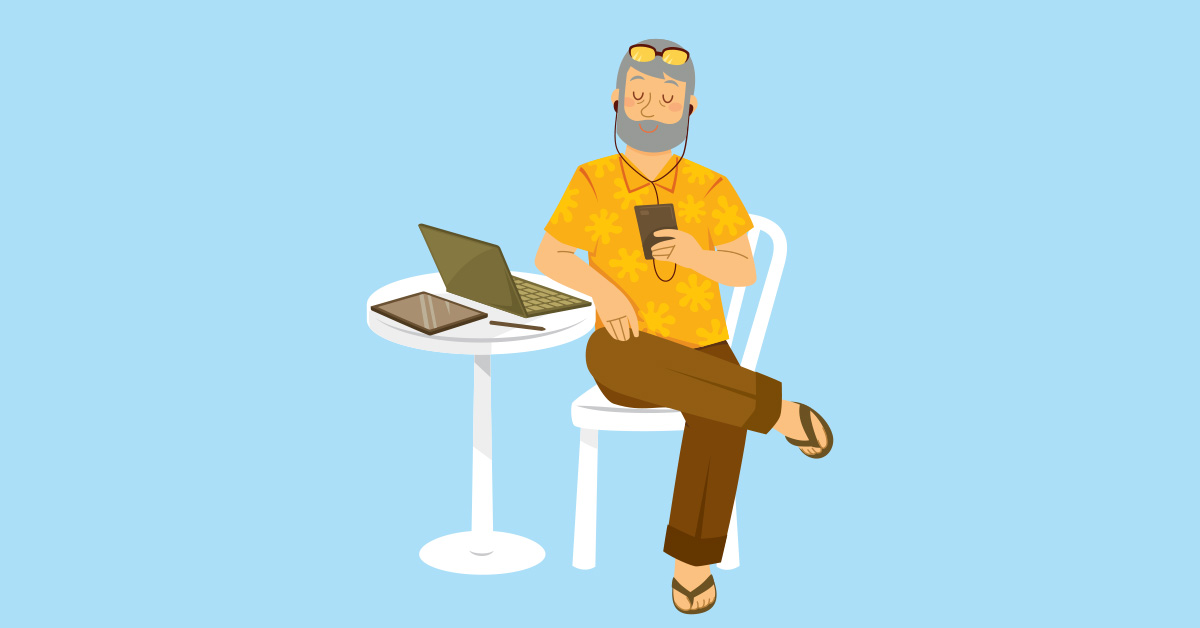One may not realise but blue light is everywhere. Did you know that sunlight is the main source of blue light? Besides sunlight, there are many other sources of blue light such as fluorescent lamps, LED lighting and devices like computers, phones and television screens. The natural blue light has a shorter wavelength and is thus not harmful to the eyes. But the amount of time people spend using electronic devices is a cause of concern, particularly amongst seniors. From affecting their sleeping patterns to increasing their risks of developing cataracts and macular degeneration, artificial blue light can affect the health of seniors in a number of ways. As one of the leading senior citizen homes in Bangalore, here are some practical ways to help seniors reduce their exposure to blue light: Be screen smart: When seniors spend a lot of time in front of the screen, they are making themselves vulnerable to dry eye syndrome and other eye conditions. The eyes become dry because the blink rate drops to half. Also, strained eyes can cause headaches and fatigue. To reduce eye strain, seniors should keep devices at an arm’s length. The brightness should be adjusted to reduce the contrast and glare. Seniors should increase the text size if they are experiencing difficulty in reading. Seniors should also take frequent breaks from all kinds of screens. Use night mode settings: Almost everyone at some point is guilty of checking their smartphones in bed. The blue light exposure at night can affect sleep pattern and the body’s biological clock by suppressing the secretion of melatonin, a hormone responsible for circadian rhythms. The best way to address this problem is to keep all the electronic devices out of the bedroom. If that is not possible, then seniors should invest in blue-light protecting glasses or use their devices on night mode settings. Protect skin from free-radical damage: The blue light emitted from digital devices not only disturb sleeping patterns, but it can also affect the skin. Too much exposure to screens can cause the blue light to penetrate the skin far deeper than the UV light. Blue light exposure can also stimulate photo-ageing – seniors who check their smartphones frequently are at a higher risk of skin discolouration, inflammation and a weakened skin surface. Besides reducing the screen time, seniors should use sunscreen cream or lotion that protect the skin from UVA and UVB and prevent free-radical damage. We hope you found our blue light action plan useful. Being one of the best senior living communities, we are concerned about the overall health of our residents. It is for this reason we ensure that there’s a wide variety of activities such as yoga classes and music lessons that keep them engaged in a healthy way.
Read More
